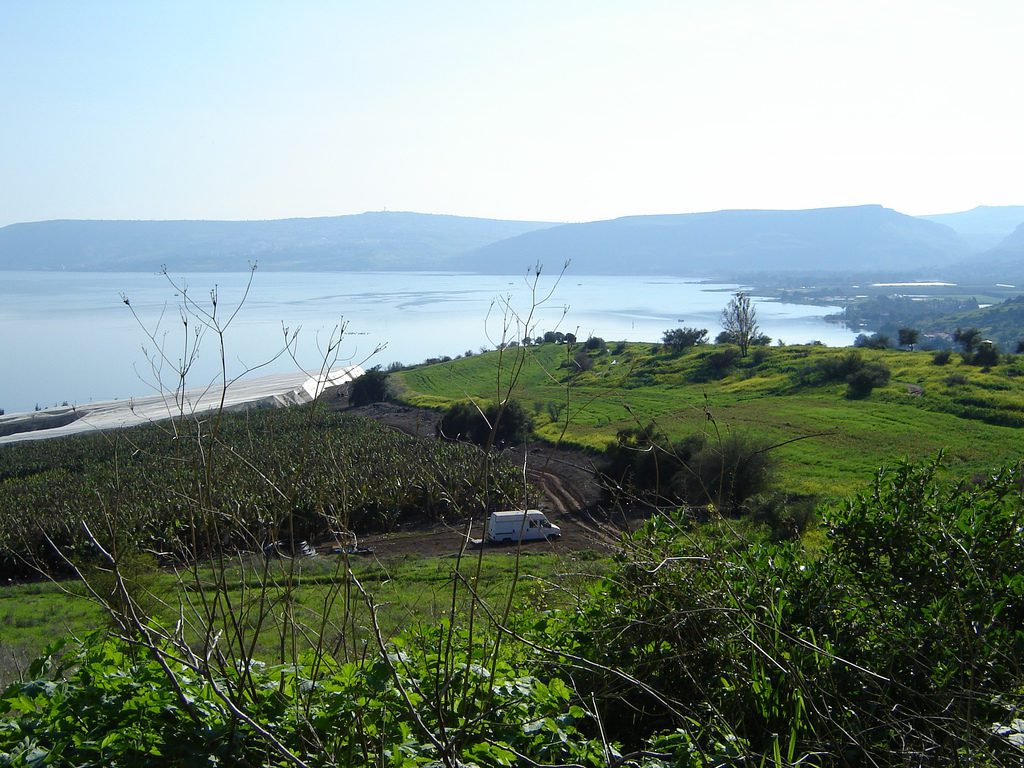This article first appeared at The Table. For more articles featuring thoughtful Christian perspectives on the the nature and embodiment of love, growing through suffering, and acquiring humility, click here.
I have long taken pride in the distinctive teaching of Christianity to love your enemy. It was not until I began learning Arabic that I better appreciated what this called for.
Perhaps like many American Christians my pride was an identity marker more than a mark of Christ. I had never suffered for my faith, nor had any enemies to speak of. But in a pluralistic world of competing religious claims, widespread political polarization, and far-flung military adventures, “love your enemy” became a mantra to lift me out of the morass and place my feet firmly on the moral high ground.
Only Jesus commands this, I thought; my Christian religion is different. I had always believed it was true. This was confirmation that my religion was morally better.
The Sermon on the Mount allows us to cherish our ideals, with full admittance of still mostly philosophical difficulties. Who has ever forced us to walk a mile? And beggars? They’re all in the big city. Turning the other cheek would be hard, but the envisioned moral strength? Powerful.

Love from the Mountain or Love from the Plain?
One morning years later I awoke surrounded by posters of smiling Arab pop stars. During vacation break from language school in Jordan I arranged for an immersion experience in the ancient city of al-Karak, home to a twelveth-century Crusader castle. One-quarter of the population remains Christian; one local family took me in and displaced their preteen daughter from her room.
But there at the door by the light switch a prominently placed sticker served as a reminder each morning as she left the room. Ahibbu ‘adakum. Love your enemies.
I went to the Arab world imagining a place where this command might be more practical. Muslims were not essential enemies, of course, and Jordan was well known as a place of coexistence. But perhaps they were theological enemies? In any case the region was characterized with tales of persecuted Christians. How would ordinary believers live the Sermon?
Ihsanu illa mubghideekum, the sticker continued. I was less familiar with this injunction. Baariku la’aneekum. Perhaps like many American Christians, Jesus taught me from the mountain—we identify with Matthew 5-7. What I would come to learn is that Arab Christians quoted his Sermon on the Plain—found in Luke 6:17-49. “Do good to those who hate you. Bless those that curse you.”
The family I stayed with in al-Karak was well respected with no known enemies. But every morning their daughter entered a Muslim culture armed with instructions that have buoyed Arab Christians for 1400 years. Whether jizyah [a tax levied on non-Muslims] and jihad [literally, “struggle or striving”], or colleagues and citizens, they have been the minority ‘other’. American Christians—white-skinned at least—have little idea what this entails.
Suffering Coptic Christians
Moving to Egypt, later still, I saw the results first hand.
I wished eagerly to explore the context. Both Matthew’s and Luke’s accounts end with the command to pray for those who treat you wrong, and more than other places in the Arab world, Egypt was understood to be a place of Coptic suffering. “It takes a presidential decree to fix a church doorknob,” I was told. “Christians get attacked in their villages, and they are the ones put in prison.” Over time I would learn that the reality is quite nuanced, but the sentiment is telling both for visceral incidents of suffering as well as the ethos they produce. Many have suspected that Christians of the region had bought a modicum of peace in exchange for evangelistic mission, beaten down by the task of communal preservation. I experienced Copts as simultaneously integrated in society and withdrawn into their churches. They would speak of Muslims as friends, but whisper of Islam as an enemy ideology.
But what of the celebrated Sermon on the Plain? How would they not just love, but also bless? Specifically and practically, how would they do good? Continue reading>>>
